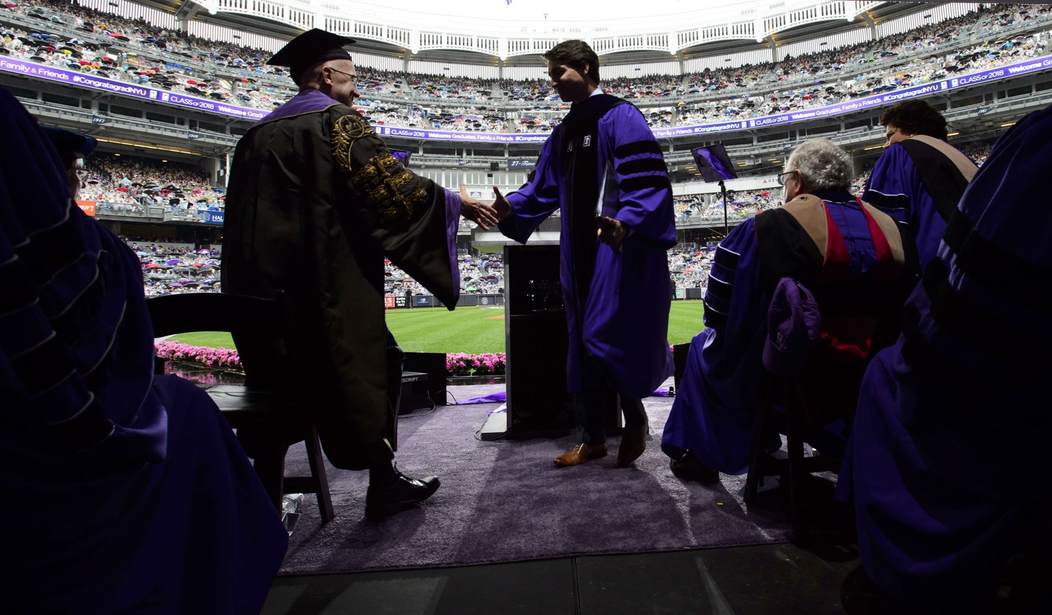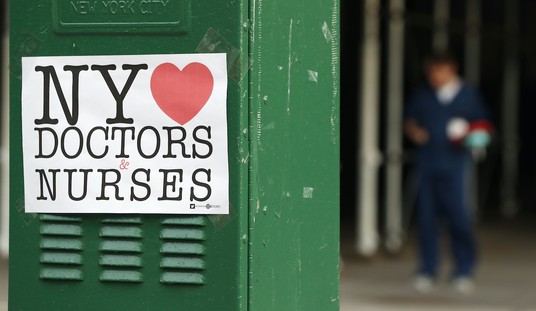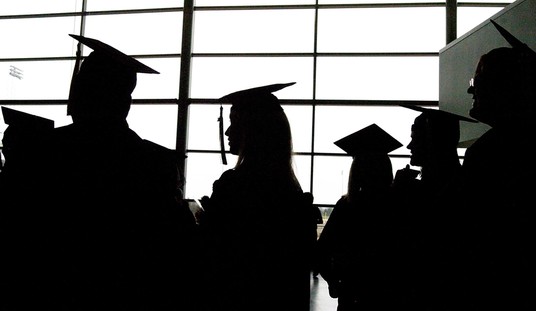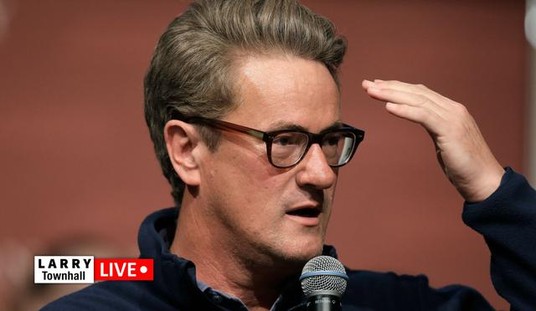This story illustrates just how much the younger generation is in trouble. Indeed, if this type of issue becomes more prevalent in America’s higher learning institutions, it will only further solidify the view that colleges and universities are not worth the price of admission.
The New York Times published a piece detailing how Professor Maitland Jones Jr., an icon in the field of organic chemistry, was fired after students circulated a petition alleging that his courses were too challenging, which resulted in them earning low grades. Despite his stellar reputation and numerous awards, the leadership at New York University decided to give in to the demands of the students.
“Students said the high-stakes course — notorious for ending many a dream of medical school — was too hard, blaming Dr. Jones for their poor test scores,” according to the New York Times. The petition was signed by 82 out of his 350 students.
Before Jones’ firing, he leadership had tried to assuage some of the students’ concerns by offering to review their grades and allow them to withdraw retroactively from the class. Mark E. Tuckerman, the chemistry department’s chairman, noted that this would be a “one-time exception granted to students by the dean of the college.”
In an email to Dr. Jones, Marc A. Walters, director of undergraduate studies in the chemistry department, explained that the plan would “extend a gentle but firm hand to the students and those who pay the tuition bills,” which became part of the debate that ensued after the professor’s departure.
“The deans are obviously going for some bottom line, and they want happy students who are saying great things about the university so more people apply and the U.S. News rankings keep going higher,” said Paramjit Arora, one of Dr. Jones’ colleagues.
About ten years ago, the professor indicated during an interview that “he noticed a loss of focus among the students, even as more of them enrolled in his class, hoping to pursue medical careers,” according to the report.
In a grievance protesting his firing, Dr. Jones insisted that the students “were misreading exam questions at an astonishing rate” and that they failed to maintain acceptable standards even after he reduced the difficulty of his requirements. He indicated the problem grew even more severe amid the COVID-19 pandemic. “We now see single digit scores and even zeros,” he said.
Kent Kirshenbaum, another chemistry professor at the university, observed a similar trend and even said he discovered that some students were cheating while taking online exams. When he lowered their grades, students balked, stating that “they were not given grades that would allow them to get into medical school.”
Even after the pandemic abated and students returned to in-person learning, they remained disengaged.
“They weren’t coming to class, that’s for sure, because I can count the house,” Dr. Jones said. “They weren’t watching the videos, and they weren’t able to answer the questions.”
Nevertheless, the students felt they were not being treated fairly.
“We urge you to realize,” the petition read, “that a class with such a high percentage of withdrawals and low grades has failed to make students’ learning and well-being a priority and reflects poorly on the chemistry department as well as the institution as a whole.”
Many of Dr. Jones’ students disagreed with the petition and spoke out in favor of the educator. Ryan Xue, who is now attending Brown University, pointed out that his course was a “big lecture course” that “has the reputation of being a weed-out class.”
“So there are people who will not get the best grades. Some of the comments might have been very heavily influenced by what grade students have gotten,” he added.
“Other students, though, seemed shellshocked from the experience. In interviews, several of them said that Dr. Jones was keen to help students who asked questions, but that he could also be sarcastic and downbeat about the class’s poor performance,” according to The Times, which also explained that after the second midterm, students were afraid for their futures. “One student was hyperventilating,” the report noted.
“The entire controversy seems to illustrate a sea change in teaching, from an era when professors set the bar and expected the class to meet it, to the current more supportive, student-centered approach,” the article read.
Other chemistry professors have also taken issue with his firing. Other deans pointed out that this move could set “a precedent, completely lacking in due process, that could undermine faculty freedoms and correspondingly enfeeble proven pedagogic practices.”
Indeed, this fear is not an unfounded one. Students at universities appear to have been exerting an undue level of power and influence at their learning institutions. They have gotten other educators fired for not pandering to the precepts of wokeism. But now, it appears that professors could be fired if some students decide their classes are too challenging.
Not only is this seeming paradigm unfair to educators, it is also unfair to other students, who might suffer because professors are lowering their standards for fear of losing their jobs. Moreover, it demonstrates a startling sense of entitlement: If I don’t like a teacher’s class, they should bend to my will and teach the way I want them to teach.
If this becomes more of an issue at other learning institutions, it could spell trouble for a younger generation that will not be able to compete on the international stage. Hopefully, this does not catch on.














